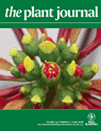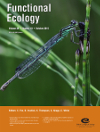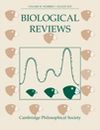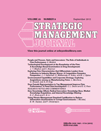 Authors of a study on a potential biomarker for ovarian cancer have been hit with two retractions after the results were published twice.
Authors of a study on a potential biomarker for ovarian cancer have been hit with two retractions after the results were published twice.
We don’t usually see both copies of a duplicated paper retracted, but this is a somewhat unusual case. In November 2011, a group of authors submitted the paper to Gynecologic Oncology. But two months’ prior, the first author had decided to also submit the paper to the Journal of Cellular Physiology, without listing three of the other researchers, including the primary author on the paper. It was published by the Journal of Cellular Physiology first, then by Gynecologic Oncology, both in July, 2012.
Jie Chen, first author on both articles, “takes full responsibility for the dual submission” and “other co-authors should be exempted from all responsibilities,” as the retraction notice from Gynecologic Oncology explains.
Continue reading “Dual submission issues” retract both copies of ovarian cancer paper
 Social psychologist Diederik Stapel has notched his 58th retraction, after admitting he fabricated data in yet another article.
Social psychologist Diederik Stapel has notched his 58th retraction, after admitting he fabricated data in yet another article.







 A
A